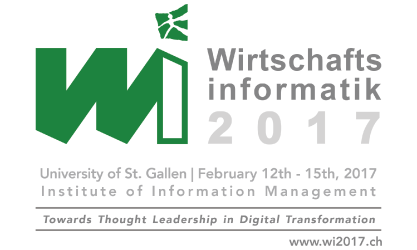Description
Considering the digitalization of the economy, process-oriented quality management (PQM) has increasingly been gaining attention. In the course of a PQM project, quality techniques are applied to elicit employees’ process knowledge and transform it into solutions to overcome process weaknesses. However, quality techniques may support each other during application or produce contradictory results, depending on the so-called “functional interdependencies (FIs)” between them. Little understanding exists of how such FIs can be properly identified, which is a prerequisite to exploit valuable synergies between quality techniques. To uncover the corresponding interdependencies, we revert to meta models in this paper, which allow to precisely describe a technique’s functionality. Generally valid indicators on a meta model level are derived to unveil the existence of FIs.
Functional Interdependencies between Quality Techniques reverting to Meta Models
Considering the digitalization of the economy, process-oriented quality management (PQM) has increasingly been gaining attention. In the course of a PQM project, quality techniques are applied to elicit employees’ process knowledge and transform it into solutions to overcome process weaknesses. However, quality techniques may support each other during application or produce contradictory results, depending on the so-called “functional interdependencies (FIs)” between them. Little understanding exists of how such FIs can be properly identified, which is a prerequisite to exploit valuable synergies between quality techniques. To uncover the corresponding interdependencies, we revert to meta models in this paper, which allow to precisely describe a technique’s functionality. Generally valid indicators on a meta model level are derived to unveil the existence of FIs.


